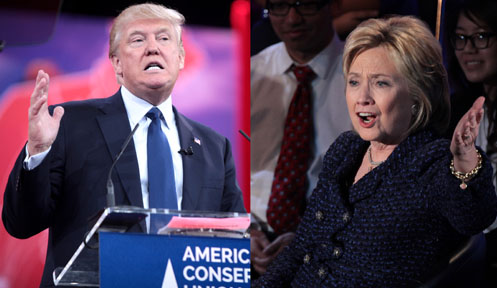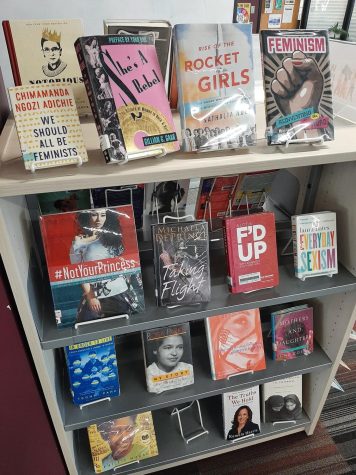An American Parliament? A Possible Solution To Bad Candidates
To the joy of some American voters and the dismay of many more, Election Day is fast approaching. The politically overzealous Twitter accounts and the “I earned my Political Science degree this morning” Facebook feeds feature either #TrumpedUpTrickleDown or #LockHerUp. Or, perhaps, it’s possible that a fair amount of accounts contain both.
In July, Gallup reported that 25% of Americans have an unfavorable view of both candidates, down from 11% who had unfavorable views of both candidates in 2012. We’ve seen the pundits go at it across news platforms, and you can guarantee you’ll see it until the last vote gets counted this November 8th, and probably some time after that. Obviously there are plenty of people who are happy voting for Donald Trump or Hillary Clinton, and will cast a ballot for one of them with no problem. Those who remain sitting on the fence will either have to make the classic “lesser of two evils” choice or cast their vote for a third-party candidate.
Many of the people I know who aren’t feeling the two major parties this election ask the same question. “How did we end up with these two candidates?”
That’s a question without one answer. Call it the nature of politics, the nature of politicians, or the nature of voters. The answer probably lies in the nature of our political parties. Our candidates are selected through permeable system of being “elected” by the party and the people. As we have seen with Mr. Trump’s candidacy, the wishes of the party do not always match up with the wishes of the people.
So, we now have a ballot of candidates that a good-sized chunk of America is unhappy with. A possible solution to this problem? It might be one where the leader running our country isn’t called a President, but a Prime Minister.
Many countries around the world use parliamentary systems for governance, including our northern neighbor, Canada. An independent project, TrudeauMetre, attempts to keep track of PM Justin Trudeau’s campaign promises. Of these promises, the project has marked more than 34 of them as complete, including lowering the main tax bracket from 22.5% to 20%.
What has our government accomplished lately? Naming post offices. Divided government on party lines has created a gridlock unlike any other in Washington.
Wait. There it is. Divided government. When Congress is controlled by one party and the presidency by another, how much can actually get done without compromise? Very little. The parliament helps fix that problem.
The parliament is obviously still a complicated system, but it can alleviate some of the problems we face. Congressional districts would still exist, and voters would elect someone that represents their district. Across the country, whichever party has the most representatives gets to control the government. In effect, the ruling party gets to govern with impeccable efficiency. Anything it wants to do, which the citizens have blessed with their votes, gets done. It’s obviously a lot more complicated than that, but at its core it’s more efficient than our current system.
How does this solve our distaste in candidates? You’re really not voting for a candidate; you’re really voting for a party. The party’s leader is selected by the party, with obvious motivation to pick someone who is both liked by the people and competent as a politician. The successful party carries out its objectives regardless of who gets the label of “Prime Minister.”
Some say a parliamentary system would be too powerful. And to that I say, “Really?” As opposed to our current system? We’ve been in a good old game of gridlock for some time, and the proverbial broken window isn’t being fixed. Do we have a lot to lose? We’re only in control of one of the most powerful nations on the face of this Earth. But, we’re not going to keep that moniker if we can’t make progress.




